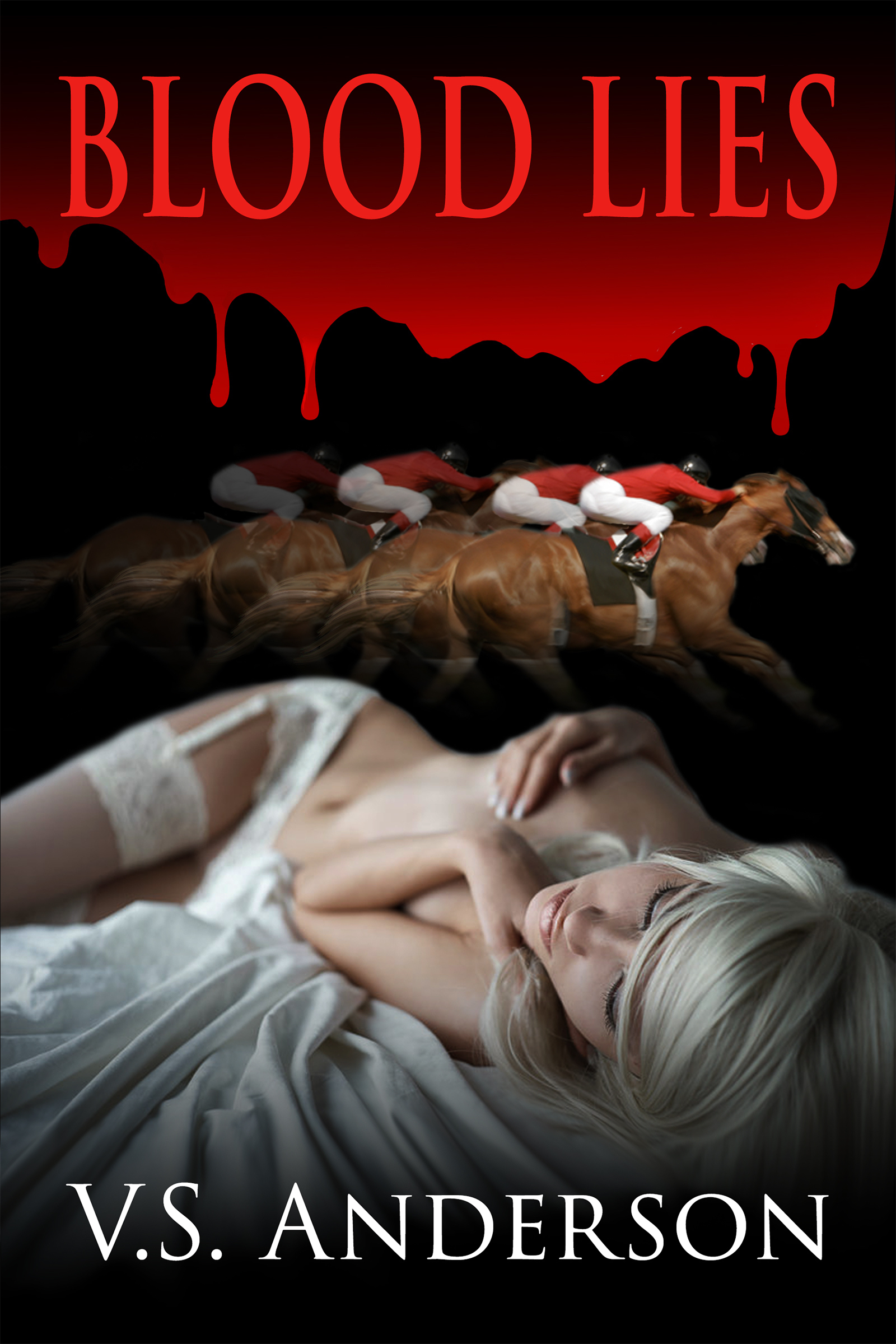Here’s some helpful enlightenment on one of the more annoying editing problems we all face. My own bête-noir is what Connie J. Jasperson tells me are “closed compounds”: combinations that are joined into a single word. I keep telling myself to try being consistent—is it “web site” or “website”? In some cases, if you’re writing for a particular publication, you can consult a style guide (I’m pretty sure that’s two words). If not, it’s off to a dictionary and then a round of “find/replace.” 🙂
National Novel Writing Month is in full swing. I am busy writing incomprehensible words that will require a great deal of revising and editing. But all that aside, this perfectly good post on hyphens and compound words was just lying around, so here you go! It was first posted on June 26, 2017, and since then, nothing has changed in the world of hyphenation. However, we can always use a little refresher when it comes to compound words and their usage.
 Compound words are frequently a source of grief when I receive my manuscript back from my editor. Despite my best efforts, I habitually hyphenate words that should not be hyphenated.
Compound words are frequently a source of grief when I receive my manuscript back from my editor. Despite my best efforts, I habitually hyphenate words that should not be hyphenated.
Most people know that a compound word combines two or more words that function as a single unit of meaning.
Most people also know that there are two types of compounds:
- those written as single words, with no hyphenation…
View original post 670 more words






Pingback: Hyphen, Em Dash, En Dash (revisited) #amwritng | Just Can't Help Writing
😀 Thank you for the reblog. I’m getting better at this in my first drafts, but my editor still finds them, lol!
LikeLiked by 1 person
Hi, Connie! You’re very welcome. In drafting, I tend to wing it, but need to do better at catching these when I edit. Thanks for some good guidance.
LikeLike